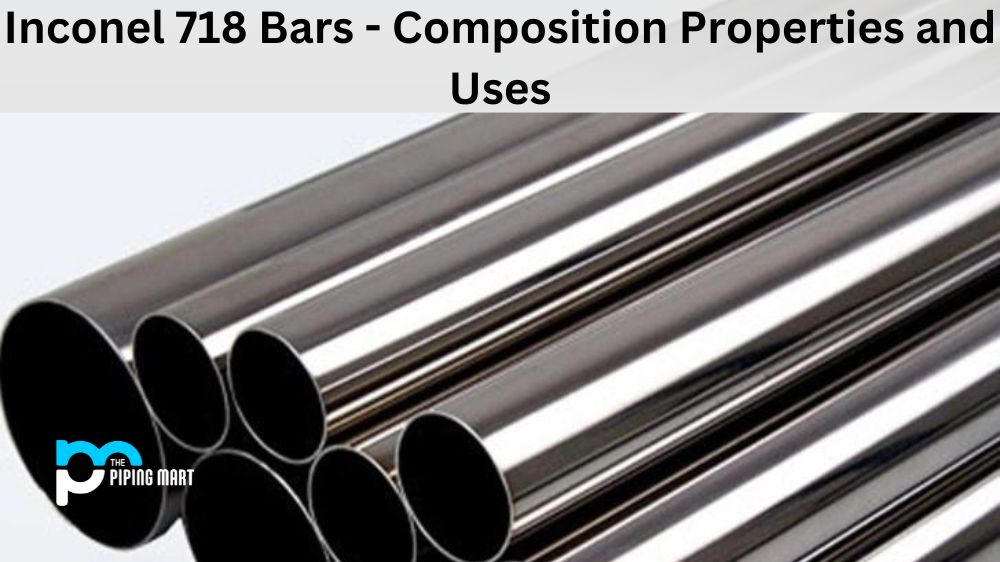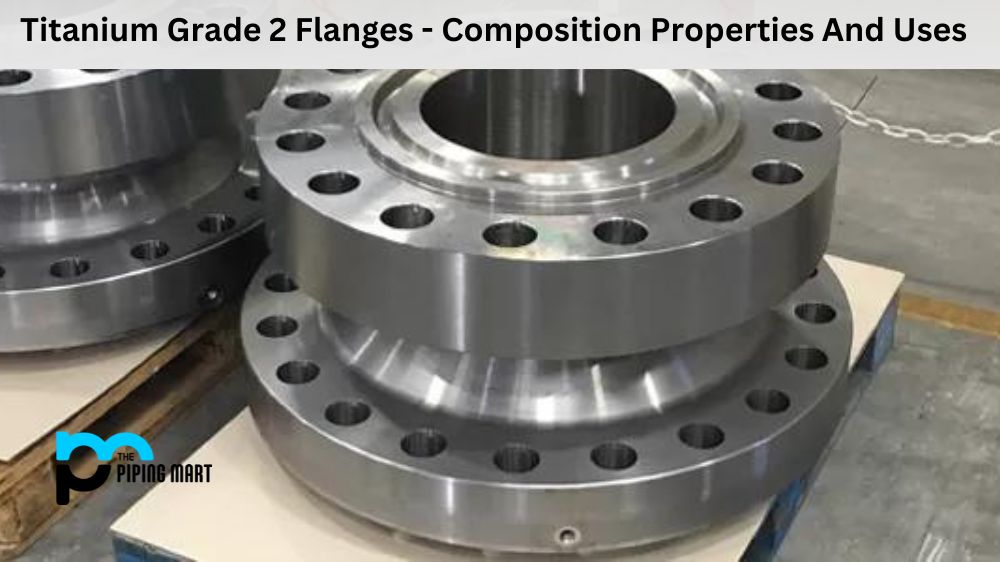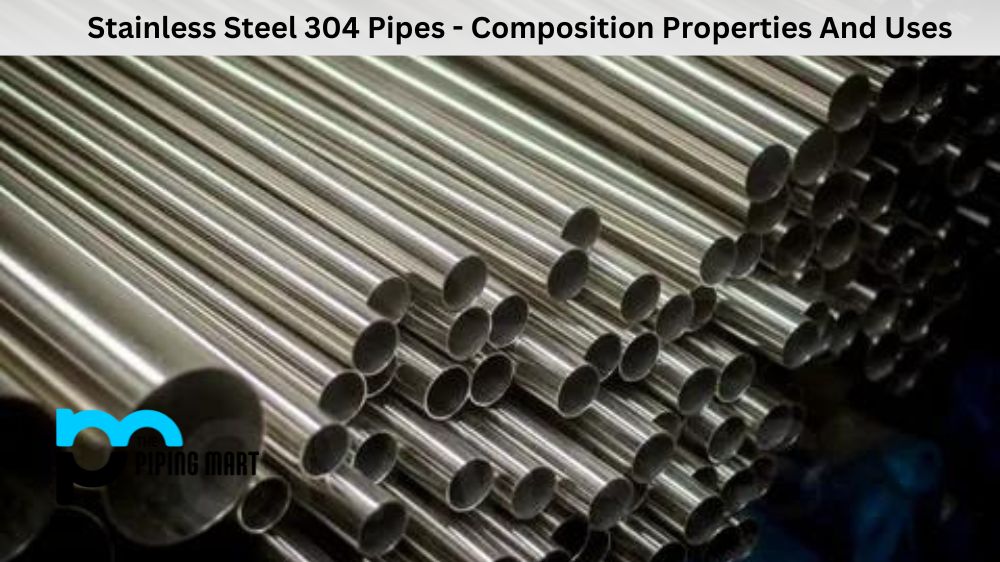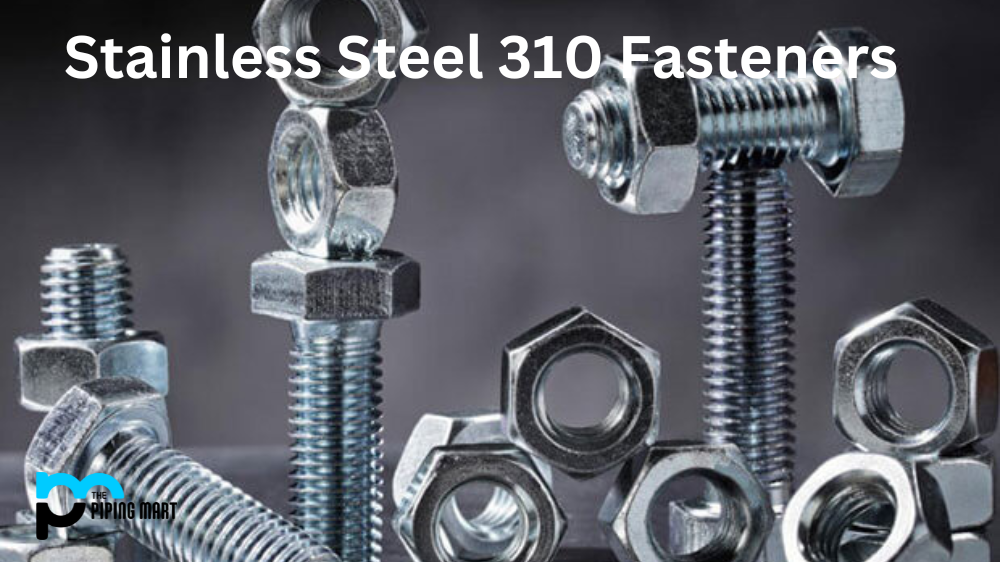Inconel 718 is a nickel-chromium alloy widely used in various high-temperature applications such as gas turbines, aerospace engines, and nuclear reactors. The alloy has exceptional strength, corrosion resistance, and high-temperature endurance. Among the various forms of Inconel 718, bars are widely used in manufacturing critical components due to their excellent mechanical and physical properties. In this blog, we’ll closely examine Inconel 718 bars’ composition, properties, uses, heat treatment, and corrosion resistance.
Inconel 718 Bars Composition:
Nickel Alloy 718 Bar comprises a complex blend of alloys, including nickel, chromium, iron, molybdenum, niobium, tantalum, and titanium. The precise composition may vary depending on the manufacturer, but the alloy typically comprises 50-55% nickel, 17-21% chromium, 4.75-5.5% niobium, and minor amounts of other elements. The primary purpose of niobium is to strengthen the alloy at high temperatures, while the addition of titanium helps to improve the alloy’s resistance to corrosion.
| Grade | Ni | Cr | Cu | C | Mn | S | Mo | Si | Co |
|---|---|---|---|---|---|---|---|---|---|
| Inconel 718 | 50 – 55 | 17 – 21 | 0.3 max | 0.08 max | 0.35 max | 0.015 max | 2.8 – 3.3 | 0.35 max | 1.0 max |
Inconel 718 Bars Physical properties:
Alloy 718 bars exhibit high strength, excellent fatigue resistance, and flexibility. The alloy has a density of 8.19 g/cm3 and a melting point of 1,293°C. Inconel 718 bars have a thermal expansion coefficient of 13.1 µm/m·K and a thermal conductivity of approximately 10.1 W/m·K at 100°C.
Inconel 718 Bars Mechanical properties:
Inconel 718 bars’ mechanical properties depend on the manufacturing process and the heat treatment. Typically, the bars exhibit a tensile strength of 130 ksi and a yield strength of 70 ksi at room temperature. Additionally, they have good creep-rupture strength at high temperatures ranging from 650-980°C.
| Density | Melting Point | Tensile Strength | Yield Strength (0.2%Offset) | Elongation |
|---|---|---|---|---|
| 8.2 g/cm3 | 1350 °C (2460 °F) | Psi – 135,000 , MPa – 930 | Psi – 70,000 , MPa – 482 | 45 % |
Inconel 718 Bars Equivalent
| STANDARD | WERKSTOFF NR. | UNS |
|---|---|---|
| Inconel 718 | 2.4668 | N07718 |
Inconel 718 Bars Uses:
Werkstoff Nr. 2.4668 Hex bar are widely used in the aerospace industry, where they are employed in critical applications such as gas turbine blades, compressor discs, rocket engines, and aircraft structural components. Additionally, the bars find use in the medical industry in manufacturing surgical instruments and prosthetic devices. The alloy’s superior properties make it well-suited for nuclear reactors and chemical processing equipment.
Inconel 718 Bars Heat treatment:
Heat treatment is crucial in determining Inconel 718 Hex Bar ‘ mechanical properties. Solution annealing is usually performed at temperatures ranging from 980-1,050°C, followed by air cooling. This process helps to dissolve any secondary phases that may be present, leading to the uniform distribution of niobium carbide precipitates. Age hardening treatment is also performed to further increase the bars’ mechanical strength.
Inconel 718 Bars Corrosion resistance:
Inconel Alloy 718 Square Bar are highly corrosion-resistant, making them suitable for harsh environments. The alloy exhibits excellent pitting and crevice corrosion resistance, making it well-suited for use in seawater and chloride-based environments. Furthermore, the alloy’s resistance to oxidation and sulfidation makes it well-suited for use in high-temperature applications.
Conclusion:
Inconel 718 Square Bar are critical in several industries thanks to their superior physical and mechanical properties, exceptional corrosion resistance, and high-temperature endurance. The alloy’s complex composition and precise manufacturing processes enable bars to exhibit exceptional strength, flexibility, and fatigue resistance. Precise heat treatment processes enhance the bars’ mechanical properties, making them ideal for critical applications. While the bars’ uses are diverse, their ability to perform well in high-temperature and corrosive environments makes them a highly sought-after material.

Meet Bhavesh, a seasoned blogger with a wealth of knowledge and experience. From metal products manufacturing to retail, Bhavesh has a diverse background in various industries and is dedicated to sharing his insights and expertise with readers.




